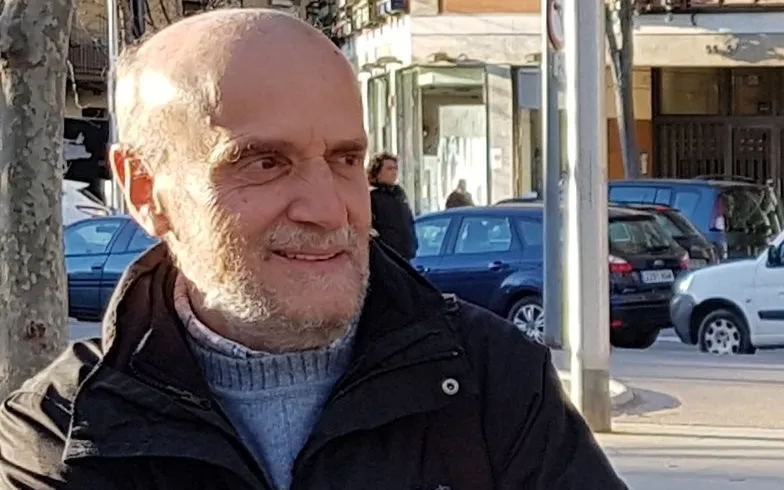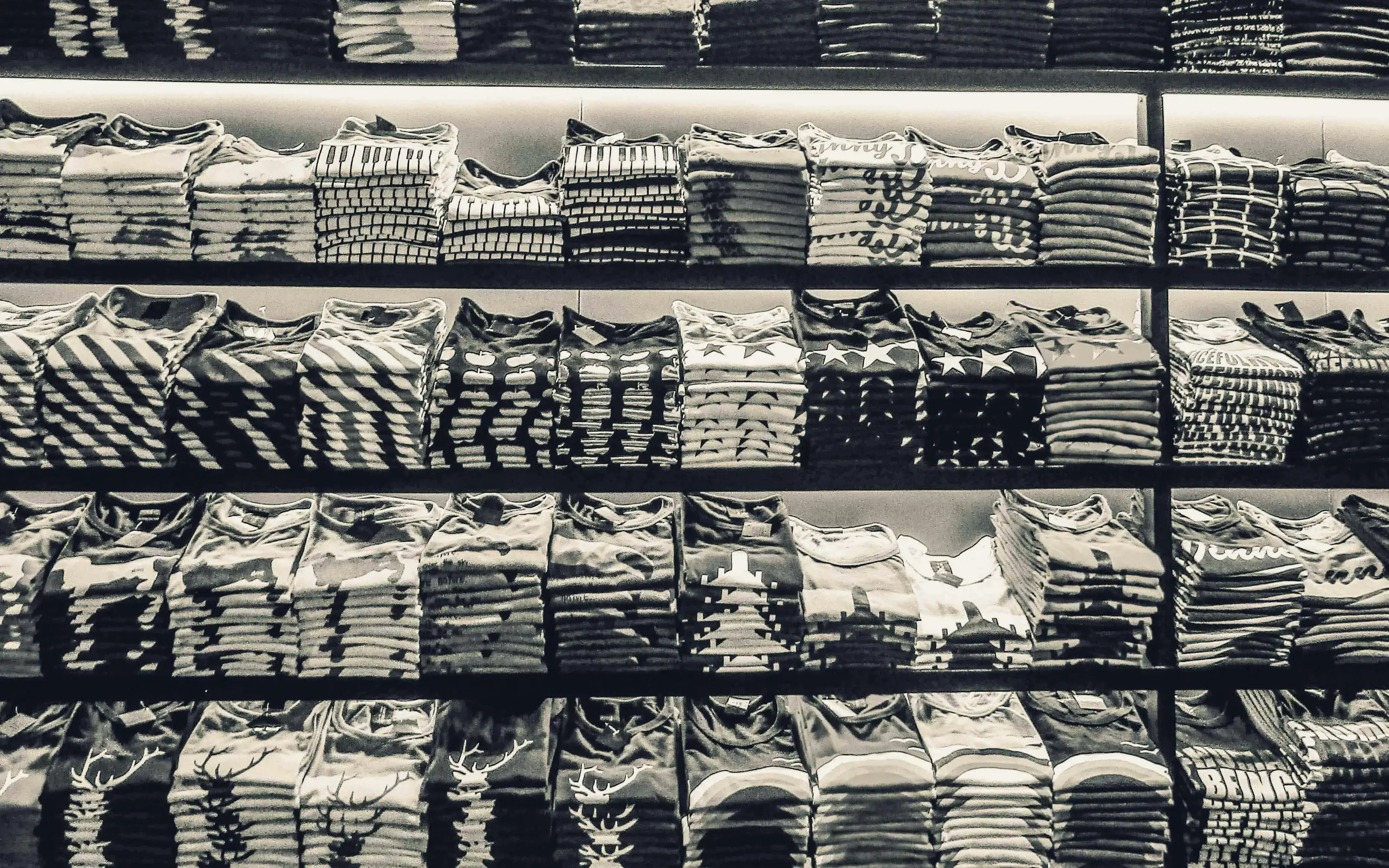Circular economy supports managing resources more sustainably. Extending the life of products and recycling are just two proposals to achieve this.
Reusing is the action through which products or materials that are not waste are given a new use for the same purposes they were originally conceived. According to a report by Eurostat from 2014, in the European Union, every person generated 475 kg of waste, a figure that is still very high despite the drop compared to previous years. In this regards, reuse encourages extending the useful live of products while promoting the protection of the environment.
Besides avoiding pollution and the amount of waste, reusing materials also generates a series of social benefits for the most vulnerable groups. So, reuse can help combating poverty while providing affordable products for families with fewer resources. This can also help in terms of inclusion of people facing the risk of social exclusion, and also be a tool to help creating jobs in the field of collecting materials, monitoring, selling and repairing objects.
The LIFE programme is a European financing tool that, in this sense, encourages the circular economy, supporting innovative projects investing in a greener future. With regards to the reuse of materials, here we present some European proposals from non-profit organizations that have had a social impact while also promoting the circular economy:
1. Bike for Good, pedalling for change
The Scottish association Bike for Good promotes cycling as a sustainable means of transport by donating bicycles. The organization gets unused bicycles or accessories such as saddles or chains, and after some repairs, makes them available for individuals to give them a second life. Bike for Good promotes volunteering with drivers who make themselves available to collect donated bicycles for free.
2. Ready Mind, reusing waste through art
The Ready Mind association, based in Portugal, is a non-profit organisation that invites entrepreneurs and artists to use the La Oficina space to reuse materials through art and design.
3. Hamilton Furniture Initiative, material for vulnerable groups
This initiative from the United Kingdom accepts donations in the form of household objects, office material, furniture and paintings. Donated objects are then sent to people in vulnerable situations to benefit the community, social sustainability and waste reduction.
4. HomeAid Caithness & Sutherland: how to give household objects a second life
The project was created in 1996 to cover the basic needs of families and individual persons with regards to furniture and household objects such as beds, rugs, kitchens, etc. Currently the project continues to gather household objects so that persons with fewer resources can reuse them.
5. Roba Amiga, the project to ruse textile waste
This is a Catalan co-operative that recovers used clothes and shoes to give them a second use. There are up to 1,700 containers placed in 450 towns and villages of Catalonia for citizens to deposit their textile waste in them. Through the Fundació Formació i Treball, different places have been set up to create jobs for people facing difficulties to access a first job.
6. Guanye’m-hi tots! an App to foster CSR in companies
This is an on-line application to foster corporate social responsibility in companies and reduce their environmental impact by reusing their surplus. Through this platform, individuals and companies can donate products to extend their useful life, while social organizations can benefit by requesting for the stock through this application. Furthermore, NGOs can also ask for products so that another user may cover this demand with a donation.
7. Deriva 360, the initiative to design products using cigarette butts
This project was set up in Barcelona from the need to reduce the environmental impact of cigarette butts. To avoid waste from cigarettes ending up in the oceans, through social innovation they are transformed into sustainably designed, quality products reusing the cigarette butts.










Add new comment